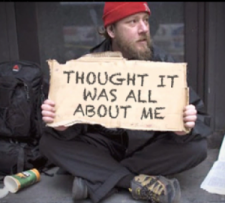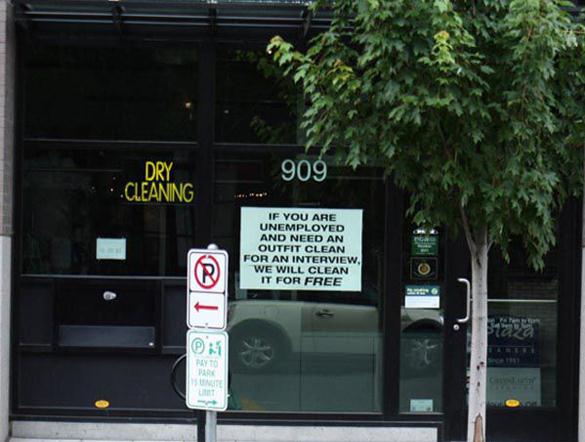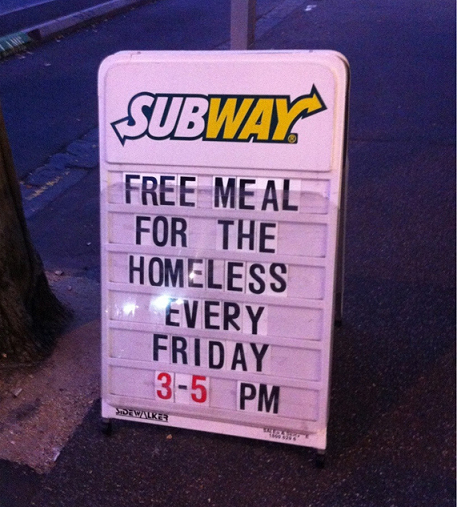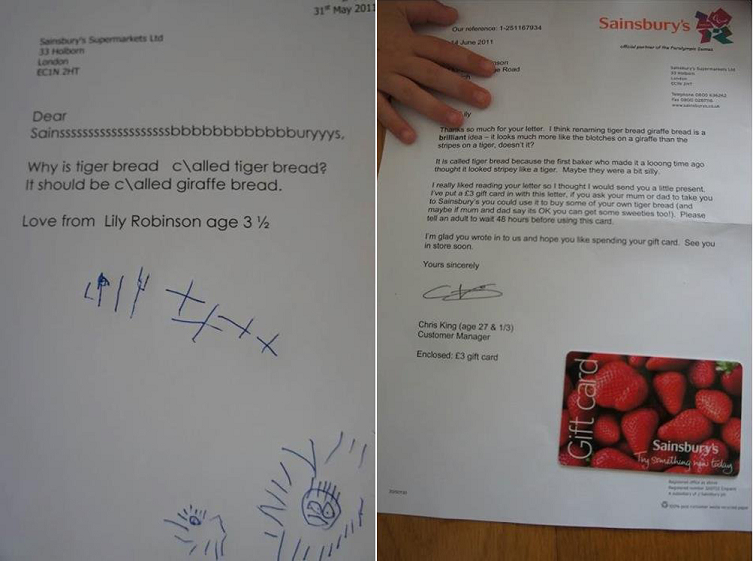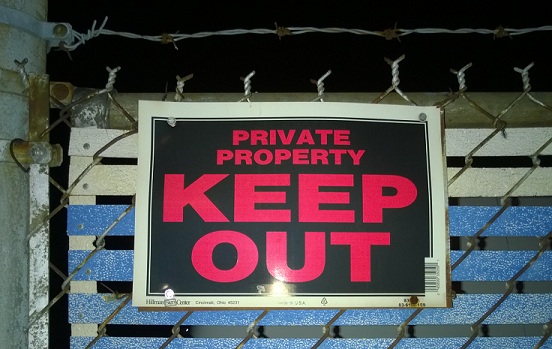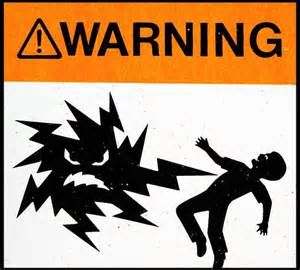In his 2003 book Resistance and Persuasion, Dr. Eric Knowles explores the psychological reasons people to say “no.” Understanding why your website’s visitors tell you “no thanks” can go a long way in helping you change more of their responses to “yes, please.”
Dr. Knowles talked about 3 main root causes for the natural resistance to the sales process: skepticism/distrust, inertia and reactance. Today, we’ll analyze skepticism in more detail to see how you can neutralize it and increase your site’s conversion rate and profitability.
Skepticism – Resistance to your offer
People are trained from a young age to think that “if it’s too good to be true, it probably isn’t.” Nowhere is this more applicable than in business and marketing.
Does the copy on your website make hard-to-believe claims? Maybe you have to make bold statements because your product or service is just that good. Why should you be penalized for having an incredibly great selling proposition?
You overcome skepticism with evidence. Can you back up the claims you make with proof? Do you have testimonials of satisfied customers whose lives you’ve changed? Can you give statistics from authoritative sources that give credence to your statements? Can you demonstrate that you’re telling the truth with pictures or video?
Don’t hold back on the proof! The more evidence you can show that your claims are 100% legitimate, the less room you leave for skepticism.
Want to do even better? Offer a free trial or sample of your offering. It’s hard for people to argue with results they’ve experienced for themselves.
(Just a thought: if you can’t confidently offer a free trial of your product or service because you’re nervous the customer won’t make the final purchase, maybe you need to improve it until you know that if they try it, they’ll buy it.)
A major reason people hesitate to pull the trigger on a purchase is the fear of feeling ripped-off or disappointed when they finally get what they ordered. You can effectively alleviate that fear by offering strong guarantees and/or service after the sale. When they know they can get their money back if things don’t go the way they hope, making the decision gets a lot easier.
Another mistake many businesses make is sounding just like everyone else in their field. If your website looks the same as your competitors, if your copy says the same things in the same “voice,” your potential customers are very likely to think of you as the knock-off of the sites they’ve already seen. When everyone looks the same, everyone is seen as a commodity. But worse than that, everyone sounds fake and insincere. Distrust is a conversion killer.
Use specific language to show readers how well you know them, how well you understand their needs and how experienced you are in delivering solutions for those needs. Speak directly to your audience in language that resonates with them.
Don’t try to talk to everyone. Generic language almost always misses the mark.
Inertia – Resistance to change
If you’ve lived on this planet for more than 10 years, you know how difficult it can be to convince people to change their established routines. People like to do things the way they’ve always done them (even when they know there’s a better way). Studies show that our brains go out of their way to form habits, then “reward” us with happy hormones when we maintain them.
It’s Newton’s First Law of Motion applied to human behavior; bodies in motion stay in motion. We tend to keep doing what we’re currently doing, and it’s hard to start something new.
Habits are hard to break. And there’s a sense of comfortable familiarity and security that come from keeping things the same. So we resist change.
As marketers and salespeople, we often think the way to make our propositions more compelling is to increase the perceived payoff customers will get when they buy from us. That’s why we pile hundreds of dollars of bonuses on top of our offers. Not that there’s anything wrong with that; giving more value is always a good idea.
What we don’t realize is that habits are their own payoffs. That’s part of the reason people get set in their ways.
Alan Weber is quoted as saying “Real change happens, when the pain of staying the same is greater than the pain of changing.” The same is true when it comes to selling your product or service from your website. You may have difficulty demonstrating that the payoff of using your product (which they haven’t felt yet) is greater than the payoff associated with their current product or lack thereof (which they’re currently enjoying).
Consider trying another route. Instead of focusing on the payoff of taking action on your offer, show your visitors how much it costs them to keep doing things the same way. What do they lose by continuing on the path they’re currently taking?
According to Weber, change happens when that reality hits home. Then your prospects can replace their old purchasing habits with better ones – yours!
Reactance – Resistance to persuasion itself
Jeffrey Gitomer wrote in The Sales Bible, “People don’t like to be sold but they love to buy.” When you look at your own experience, you can see the truth in this statement.
Of course, that fact is one of your biggest challenges as an online marketer. People want to buy things to satisfy their desires and remove unpleasant aspects of their lives. They just don’t want to feel like they’re being “sold.”
Claude Hopkins wrote that “Any apparent effort to sell creates corresponding resistance.” It’s an instinctive reaction. Instinctively, our brains think “Hey! This guy is trying to benefit at my expense. Well, he’s not gonna get me!”
A customer’s sales resistance is related to a psychological phenomenon called reactance. In layman’s terms (as per Wikipedia), reactance is a person’s subconscious rebellion against what he thinks someone else wants him to do.
We see the other person’s will as a threat to our freedom to decide and act as we please.
When a salesperson asks “how can I help you?” you don’t believe her true intention is to help you, do you? You think she wants to help herself. You imagine that she’s going to do everything in her power to make you purchase what she wants to sell you, not necessarily what you want to buy.
You’re sure she’ll try to make you buy now; you want to make up your mind in your own time.
People want to operate on our own terms, not those of a salesperson (or anyone else). So we resist.
You neutralize reactance by not appearing to sell. You hear a lot of talk about push vs. pull marketing regularly. That’s largely what this issue boils down to.
Have you ever noticed that commercials on TV are louder than the program you tuned in to watch? Obviously, that’s an attempt by the advertisers to get your attention, and it works. You can’t ignore the blaring sound. But is that a good thing? Most would agree that it’s not.
No one likes to be pressured and no one likes to be shouted at. It may grab your attention, but it’s also irritating and puts you in a negative mood. That defeats the purpose of your message.
Don’t “shout” your sales message. Hard-selling is counterproductive. Instead, seduce. Give your visitors reasons to listen. Make them want to know more about what you’re talking about.
Engage your readers by talking about topics that are truly important to them. Tell interesting stories. Create a sense of curiosity. And really communicate what’s in it for them. When you start sounding like someone who just wants to sell something, you’re in a heap of trouble.

